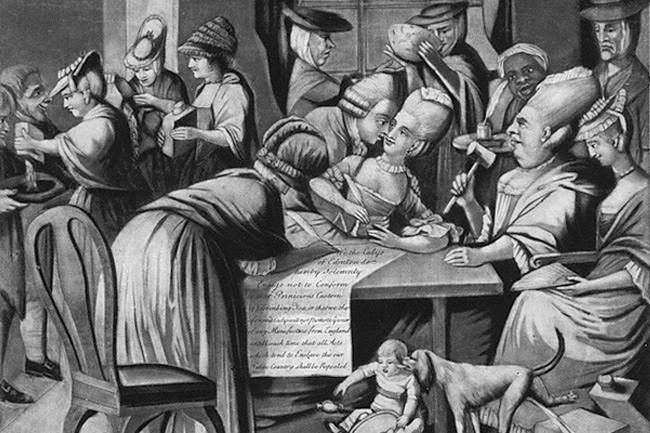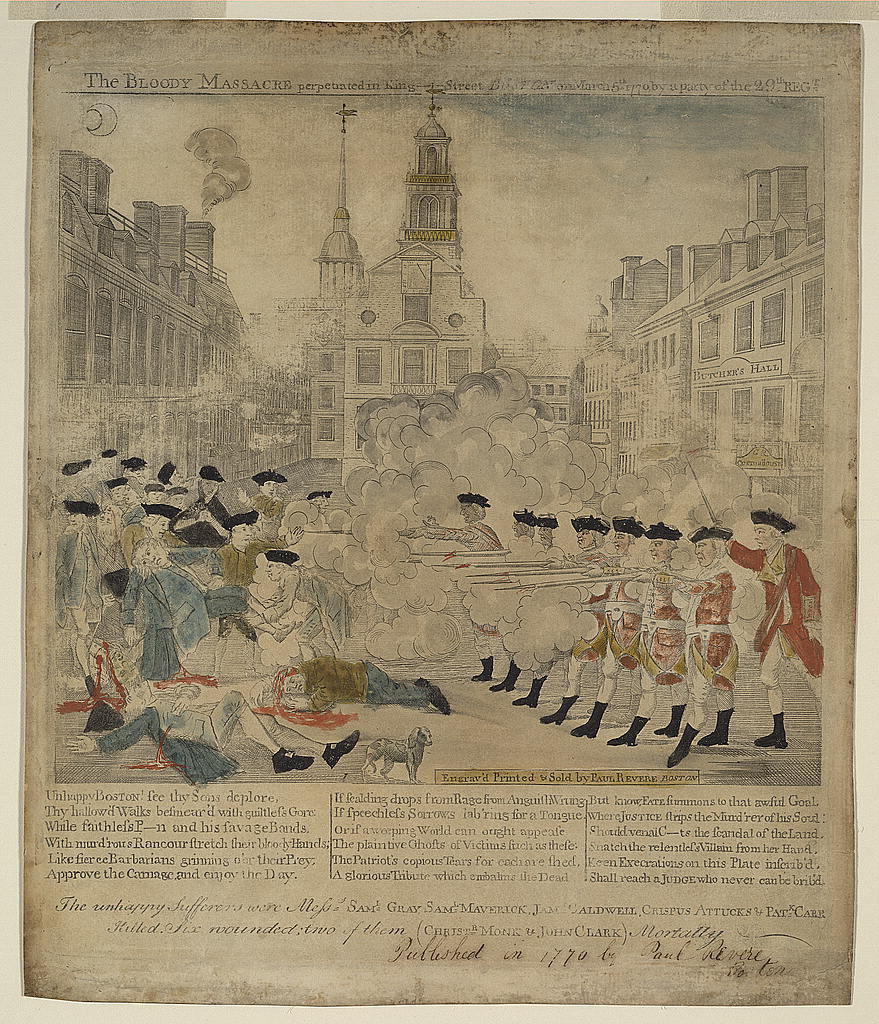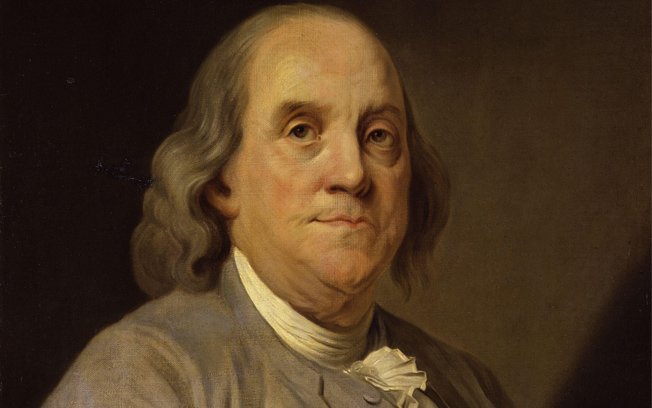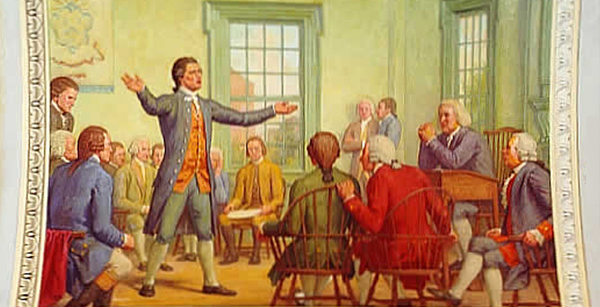The Townshend Acts
Known as the French and Indian War in the United States, the Seven Years’ War was a conflict that involved virtually every great power of Europe and spanned the entire globe. While it ended French influence in North America east of the Mississippi River, it generated a large amount of debt for the British Crown. Because portions of the war took place in North America and British forces protected the Colonies from attack, the British government expected the colonists to pay a portion of the debt. The British also needed the revenue to fund the administration of the larger empire. Before the war, the government in London had maintained a relatively hands-off policy regarding taxes in the 13 Colonies.
Taxing the Colonies
The Sugar Act of 1764 was the first direct tax on the Colonies for the sole purpose of raising revenue. It was also the first time that American colonists raised the issue of no taxation without representation. The issue would become a major point of contention the following year with the passage of the widely unpopular Stamp Act of 1765. The Stamp Act also broached questions about the British Parliament’s authority in the Colonies. The answer came a year later. Although the Stamp Act was repealed, the Declaratory Act proclaimed that Parliament’s power was absolute. Because the act was copied almost verbatim from the Irish Declaratory Act, many colonists believed that more taxes and harsher treatment were on the horizon. Patriots like Samuel Adams and Patrick Henry spoke out against the act believing that it violated the principles of the Magna Carta. Seeking reconciliation up to the Revolution, American political leaders never asked for the repeal of the Declaratory Act.
Under the power of this legislation, the British government passed a series of policies in 1767 that were designed to raise revenue and enforce the Crown’s authority over the American Colonies. This series of legislative acts, which became known as the Townshend Acts, included the Revenue and Indemnity acts of 1767. The Revenue Act imposed an indirect tax on the Colonies by levying duties on various imported goods, including tea. The legislation also taxed paper, paint, lead and glass, which were not produced in the Colonies. These items could only be procured via importation from Great Britain. The Indemnity Act provided a tax break to the British East India Company. The goal was to make the company’s tea more competitive with tea smuggled from the Dutch East Indies. These acts raised the price of tea and hurt Colonial shipping companies. The Revenue Act reinforced the legality of writs of assistance, or general search warrants, which gave government officials broad power to enter and search private property for smuggled goods. The legislation also reinforced the Quartering Act of 1765, which required colonists to provide housing and supplies to British soldiers.
The Impact of the Townshend Acts
While the Townshend Acts were not opposed as quickly as the earlier Stamp Act, resentment regarding the British rule of the Colonies grew over time. John Dickinson wrote a series of essays entitled “Letters from a Farmer in Pennsylvania” that provided a strategic vision to defeat the British government in the event of conflict. Massachusetts sent a petition to King George requesting a repeal of the Revenue Act. The Massachusetts Circular Letter encouraged other Colonies to do the same. In response to the petitions, the newly appointed Colonial Secretary Lord Hillsborough ordered that Colonial assemblies be dissolved. Economic boycotts ensued to put pressure on the government.
The recently created American Customs Board was seated in Boston. As tensions grew, the board asked for naval and military assistance, which arrived in 1768. Customs officials seized the sloop Liberty, owned by John Hancock, on charges of smuggling. This action as well as the impressments of local sailors into the British Navy led to a riot. The subsequent arrival and quartering of additional troops in the city was one of the factors that led to the Boston Massacre in 1770.
Although portions of the Townshend Acts were repealed, the tax on tea and special indemnity awarded to the British East India Company was retained. The 1773 Tea Act enabled the company to import tea directly into the Colonies, which furthered harmed Colonial shipping companies. This legislation set the stage for the Boston Tea Party, a pivotal moment on the path toward American independence.
Interesting Facts
• The acts were named in honor of Charles Townshend, the Chancellor of the Exchequer, a position similar to the American Secretary of the Treasury.
• Townshend did not live to see the impact of the acts because he died suddenly in 1767.
• Portions of the revenue generated by the Townshend Acts were to be used to pay Colonial officials wages that ensured their loyalty to the Crown.
• The Townshend Acts gave jurisdiction over smuggling and customs cases to British naval courts rather than Colonial district courts. Colonists believed that the naval courts were not a fair venue for these cases.
• The taxes, levied to recoup some of the costs associated with the French and Indian War, were called duties in an attempt to avoid arousing anger in the American Colonies. The word tax used in the Stamp Act had caused so much resentment that the British government repealed the act within a year.
• Because colonists had opposed the direct tax imposed by the Stamp Act, Townshend erroneously believed they would accept the indirect taxes, called duties, contained in the new measures.
• These new taxes further fueled the anger regarding the injustice of taxation without representation.
• The resentment over the Townshend Acts divided American colonists into patriots and loyalists.
• The subsequent boycotts and protests forced the British government to send and quarter more troops in American cities like Philadelphia, New York and Boston. This show of force further angered colonists and led to incidents like the Boston Massacre.
• Unbeknownst to the colonists, many portions of the Townshend Acts were repealed on the same day as the Boston Massacre. The delay in communication occurred because of the time it took for news to cross the Atlantic Ocean.
• The repeal led to a temporary truce until the passage of the Tea Act in 1773. The British government used the legislation to show that it had the right and power to tax the Colonies as it wished. The Tea Tax was instrumental in the Boston Tea Party.




